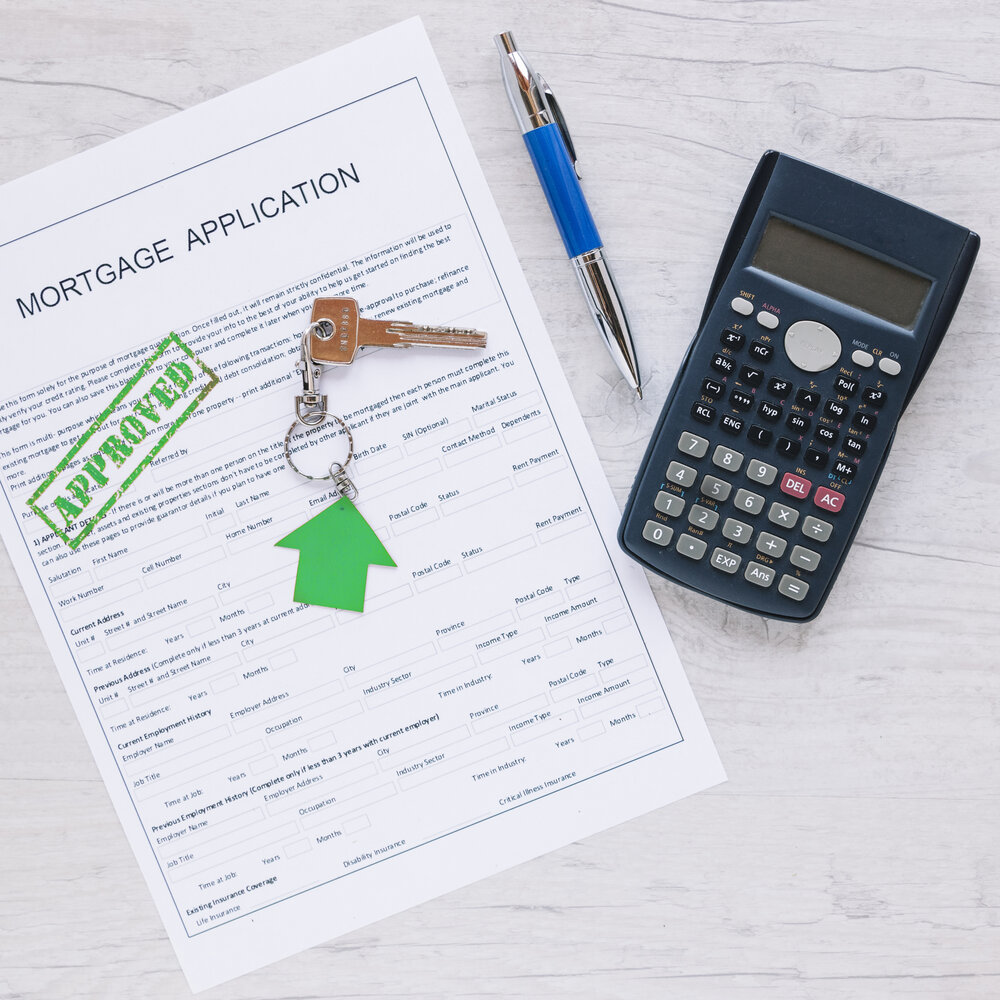Why Mortgage Pre-Approval Matters for First-Home Buyers in Tauranga

Why Mortgage Pre-Approval Matters for First-Home Buyers in Tauranga
If you’re a first-home buyer in New Zealand, pre-approval is the step that turns “maybe” into “ready.” It confirms how much a bank (or non-bank lender) is willing to lend, on what terms and conditions, so you can search with confidence and move fast when the right place pops up in Tauranga, Mount Maunganui, or Papamoa.
Pre-approval doesn’t lock you into a lender, but it does unlock realistic price brackets, stronger negotiations, and fewer last-minute surprises.
Why Pre-Approval Matters
- Sets a clear budget: Know your top purchase price, deposit requirement, and indicative repayments before house-hunting.
- Strengthens your offer: Agents and vendors take you seriously when finance is condition-light and already assessed.
- Protects you from “revert shock”: If rates or bank policy shift, you’ve got a live framework to recalibrate quickly.
- Saves weeks later: Valuation, KiwiSaver, and bank documents can be teed up in parallel instead of in a panic.
What Lenders Look At
- Income & stability (payslips, employment contract, or financials if self-employed)
- Existing commitments (credit cards, Afterpay, personal loans)
- Deposit mix (cash savings, KiwiSaver first-home withdrawal)
- Living costs & buffers (banks stress-test at higher “test rates”)
- Credit history (on-time patterns matter more than perfection)
Tip: Close to the limit on borrowing power? A mortgage broker Tauranga based can often improve servicing by trimming card limits, consolidating debts, or restructuring the application to suit lender policy.
How the Process Works — Simple Timeline
- Week 0–1: Map your price range, deposit sources, and a repayment you’re comfortable with.
- Week 1–2: Gather ID, payslips, bank statements, KiwiSaver letter, and a brief spending summary.
- Week 2–3: We lodge with the best-fit lender(s), manage any conditions (valuation, LVR, gift letter).
- Outcome: Pre-approval issued — valid for 60–90 days and can be refreshed if still house-hunting.
Approval in Principle vs True Pre-Approval
Some banks offer a light AIP with basic checks; others do a full credit assessment upfront. We aim for true pre-approval — giving you stronger offers, tighter clauses, and better results. If a full valuation is needed, we flag that early so your offer terms remain realistic.
Common Roadblocks (and How We Fix Them)
- Short employment history: Use signed contract and first payslip, or previous role in same industry.
- Higher living costs: Prove real expenses and reduce unused credit limits.
- Low deposit: Combine KiwiSaver and gifts, or explore new-build pathways and non-bank options.
- Credit blips: Provide context — many late payments aren’t deal-breakers with the right narrative.
Tauranga Case Study
A couple renting in Bethlehem had a 10% deposit across savings and KiwiSaver. Their bank’s online calculator said “not enough.” We reduced card limits, selected a lender with favourable servicing rules, and secured pre-approval up to $760k. They purchased in
How do I qualify for mortgage pre-approval as a first-home buyer?
To qualify, you’ll need stable income, a deposit of at least 10–20%, and clean account conduct over the past few months. Lenders check your income, debts, spending habits, and credit score. If you’re using KiwiSaver or a First Home Grant, have those letters ready before applying — your mortgage broker can coordinate everything.
What documents do lenders require for pre-approval?
Most banks will ask for:
Photo ID and proof of address
Recent payslips or financial statements (if self-employed)
Last three months of bank statements
Details of loans, credit cards, and savings
KiwiSaver or grant confirmation letters
Providing full documentation upfront helps speed up approval and shows lenders you’re organised.
How long does a pre-approval last and can it be extended?
Most New Zealand pre-approvals last 60 to 90 days, depending on the lender. If your search takes longer, your broker can usually refresh or extend it with updated payslips and statements — a quick process if nothing major in your finances has changed.
What’s the difference between pre-approval and full approval?
Pre-approval confirms how much you can borrow based on your financial position, but it’s still conditional. Full approval happens once you’ve found a property, and the lender has checked the title, valuation, and insurance. Pre-approval gives you buying power — full approval seals the deal.

